How to Use Pinterest - Tips to Grow Your Craft Business
You need to understand how to use Pinterest for business promotion, and not just personal use, if you want Pinterest to bring traffic to your website or Esty shop.
If you've used a personal account for years, you'll have a good, foundational understanding of how the platform works, and that understanding will help you to use Pinterest better as a business marketer. However, the way you use Pinterest will need to change if you want to start using it to promote your business. You'd do well to learn and use business-specific tips and strategies to promote your online business on this platform.
Pinterest is an ideal fit for marketing a craft business because it is so visual. It is also one of the few social networking sites designed to get people off of the site and on to other sites.
People on Pinterest are often in a buying mindset. They are looking for projects and purchases to improve their lives. They may be in search of adorable holiday decor, they might be on a quest for the perfect handbag or statement necklace, or they could be in search of unique decorating ideas for a home improvement project.
Pinterest is full of people looking for and recommending beautiful items to enhance their homes, their personal style and their lives in general. What else do craft business owners do but create beautiful items that enhance people's homes, lives and personal style?
Benefits of Pinterest vs. Other Ways to Promote Your Business Online
There are loads of ways to promote your online business. You can work on getting your website found by potential customers through a Google search, Etsy, Pinterest, Instagram, Facebook, or Twitter, and those are just the current big players.
It's exciting to have so many opportunities. And it is smart to diversify your sources of traffic so your business won't be devastated if one source changes their rules in a way that hurts you. However, to have success on any one of those platforms, you need to dig into research to understand how it works, set up a workflow that works for you, keep abreast of changes, and commit significant time on a regular basis to promote your business on that platform. Unless you have help (or you don't sleep), as a solopreneur, you just won't have time to master all of the platforms where you can promote your business online. You need to choose the ones that are best for your business.
Why choose to invest your precious time in promoting your business on Pinterest instead of somewhere else?
I like Pinterest for craft businesses for three big reasons:
- People go to other social sites to engage with others, but they go to Pinterest for help with and ideas for things they actually want to do. Pinterest wants people to go out in the world and act on ideas they find on the platform. There is even a "tried it" button for ideas you've found on Pinterest and tried in real life. Pinterest, at its best, is not just for passively scrolling through pretty images. That means people on Pinterest are closer to action and closer to a purchase.
- For the most part, craft business owners will find their customers on Pinterest. The type of person who loves handmade also typically loves Pinterest. Unless your ideal customer is quite different from the average craft business customer, you will very likely find her on Pinterest.
- A pin that catches on at Pinterest can send traffic to your shop for months and months. Pinterest is more search engine, and less social media platform, and as such, a single pin can send you traffic for ages. Posts to other social media sites are generally good for anywhere from an hour to a day depending on the site, but Pinterest pins have longevity. The work you do on Pinterest today can reap benefits for your business for a long time.
Concerns About Pinterest
When Pinterest was new, some creative business owners had some understandable concerns about the platform. Some craft artists avoided using Pinterest and even put pin blocking code on their sites due to concerns about people copying their work or stealing their images.
Worries of being copied are legitimate. It happens.
I've had my own work copied online. When it takes, not only hours to complete the work itself, but also years to develop the skill and knowledge to be able to create that work in the first place, it's heartbreaking and infuriating to see it stolen. Then, you have to decide if you're going to spend hours of your time going after the person who's stolen your work.
I cringe every single time I see a pin to an item from an Etsy shop with a comment like, "Ooooh, I'm going to make a (wreath, scarf, necklace, whatever) just like that one!"
Unfortunately, copying is a concern whether you sell at craft shows, or on your own website, or on Etsy. Any time you have developed a fantastic product and are having a good measure of success, you're open to copycats whether you're a craft professional, or you run a different type of business.
In my opinion, the threat of being copied is not a good reason to limit your own success! In fact, it's been my experience that, unfortunately, copycats come with success.
You can't realistically have success selling crafts online without finding ways to have your product images seen be a wide audience. You can't protectively hide your images away in a quiet little corner of the internet and expect to make any sales.
Pinterest, and also Instagram, have changed my thinking about my images. While it's still annoying to see a competitor use them without permission, I no longer think of my images as things that belong only on my site. Instead, I see the images as marketing tools for my business to be seen as much as possible.
If my images are going to market my business, though, they need to remain connected to my business, so I take precautions. I always include a logo on my images to reduce the chance of someone else taking it without giving credit, and I do my best to design images that make people want to click through to my site instead of staying on Pinterest. But that's as far as I go. If I had put pin blocking code on my website back in 2012 when others were worried about Pinterest, I'd be losing out on half of the traffic that comes to my site today.
I'm willing to risk the odd cheater stealing an image if the trade off is getting loads of traffic to my site that translates into income and freedom.
It's discouraging to find that someone else has completely copied something that you've worked very hard to create. However I'd suggest you respond to that by being better and staying a few steps ahead of those people. I wouldn't cut off a valuable way to engage with my customers just because a very small percentage of people might copy.
I earn a commission for purchases made through links on this page.
To learn more, please see my disclosure.
How to Use Pinterest to Engage Your Customers
Pinterest provides a fantastic opportunity to engage with a very targeted audience. In addition to pinning your own images, it's best to pin other people's images as well. The trick lies in finding related, but non-competing items to pin that appeal to your target market but don't compete with your product.
When you set up your Pinterest boards, think about what your customers might be curious about related to your business.
Your own photos might include images of:
- works in progress
- things that give you inspiration
- other non-competing but related items that work with your product
- images of how to use your items
- testimonials from customers
- photos of your customers wearing or using your work in some way
- images that shows what is special about your jewelry
- photos of yourself in your studio or at shows
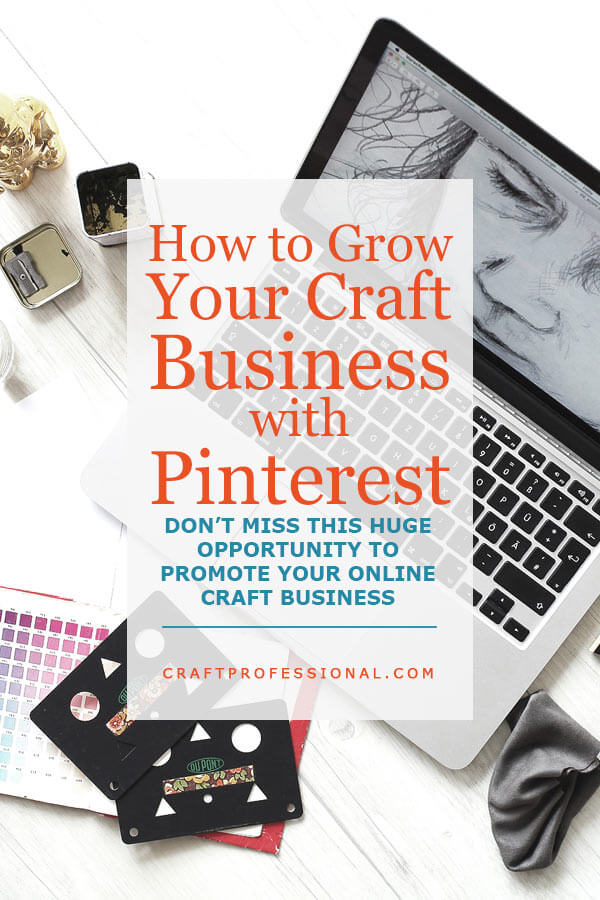
Think about what is compelling to your customers, not necessarily what is compelling to you.
For example, one thing that I see a lot of craft artists doing on Pinterest, which seems like a mistake to me, is posting DIY projects.
So, for example, if you are jewelry designer, and you're creating Pinterest boards for your customers, in my mind, you wouldn't want to be posting a bunch of jewelry making tutorials or jewelry supply sources. If you want to pin those kinds of items for yourself, you can save them as secret boards that you can see, but others cannot.
Although you are giving customers an inside look at your business, you still want your process to be a little bit of a mystery to your customers. You certainly do not want your boards to put visitors in the mindset that they could create your items themselves, which is what posting DIY tutorials and all of your suppliers could do.
Pinning DIY tutorials would be a perfect fit for someone who sells craft supplies or patterns, but not for someone who sells finished products.
Instead of creating boards on how to make jewelry, if you are jewelry designer you might post boards like:
- fashion trend forecasts
- images of your jewelry
- jewelry fit tips or guides on what type of jewelry flatters different types of faces, hairstyles or body shapes
- images that show non-jewelry items that inspire your work
- related but non-competing items that showcase your style
How to Use Pinterest to Build Your Business
If you already use other strategies for relationship building with your customers, like emailing newsletters or posting on a business Facebook page, or on Instagram, you can promote your Pinterest business account to those customers, and you can send your Pinterest followers back to your other social accounts (especially your email list, which is most important because that's the one online business building strategy you have the most control over).
All of this connecting helps you to deepen your relationship with your customers.
There are plenty of really great strategies to build a following and build genuine relationships with your customers on Pinterest.
You might already use the site for fun, but if you really want to make the most of your time using it for business, it's wise to do some good research on how to use Pinterest for business.
For More Pinterest News and Advice
There are countless social media gurus who will give you advice on the topic, but you have to be careful about which advice you follow. There is some terrible advice out there that will, at best, waste your time and fail to bring traffic to your online shop, and at worst get your account banned. The trick is separating out the good advice from the bad, and finding a couple of good, reliable sources that are worth your time to follow.
I love the Tailwind Blog for more current advice on using Pinterest for business.
They post loads of extremely helpful articles with advice on making the most of your time on Pinterest and keeping up with recent developments and best practices. I've been using Pinterest for my business successfully for years now. I feel confident that I'm good at it, but I still always pick up excellent tips from the Tailwind Blog.
The Pinterest for Business Series
Read on to learn more about how to grow your presence on Pinterest and make good use of this excellent opportunity to promote your online craft business.
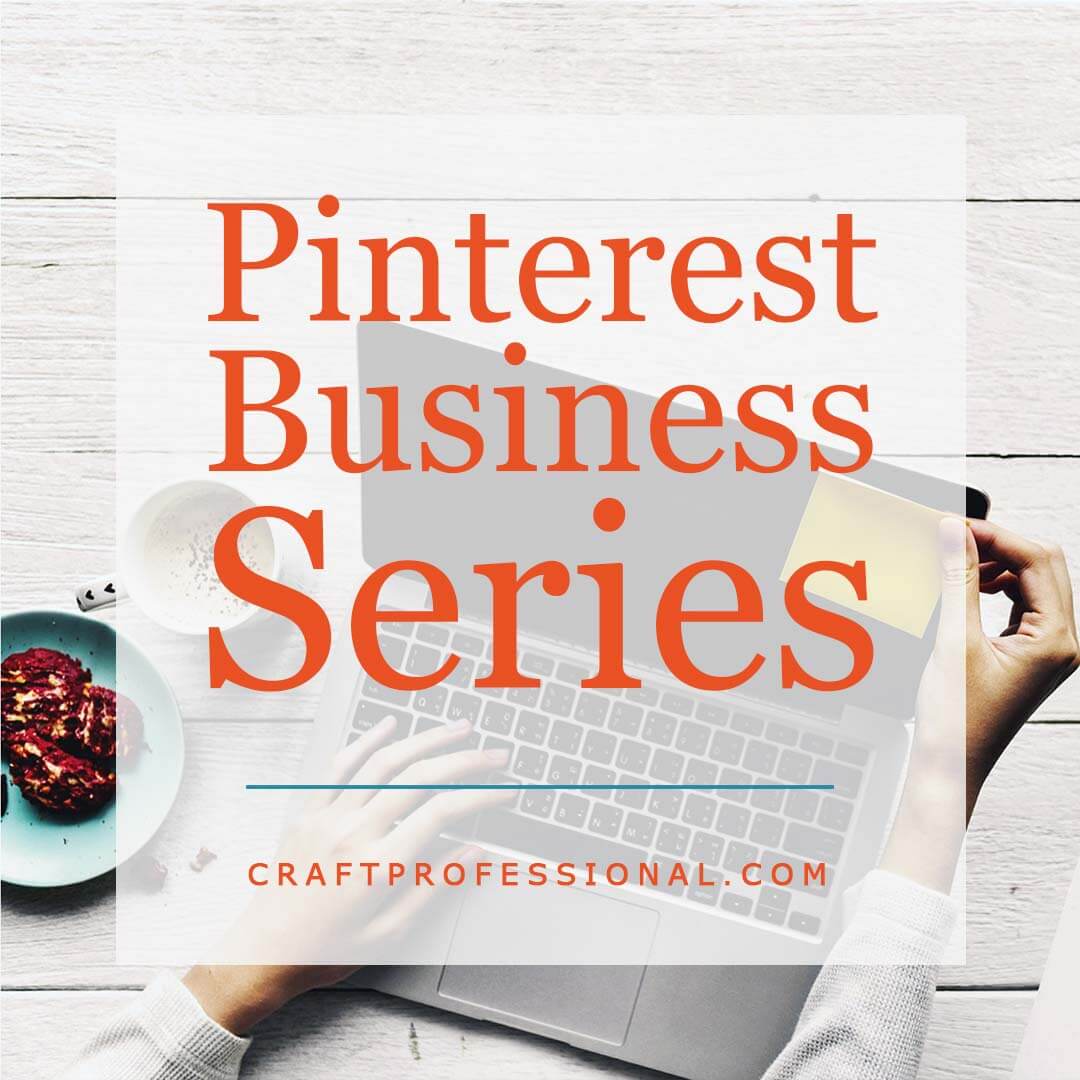
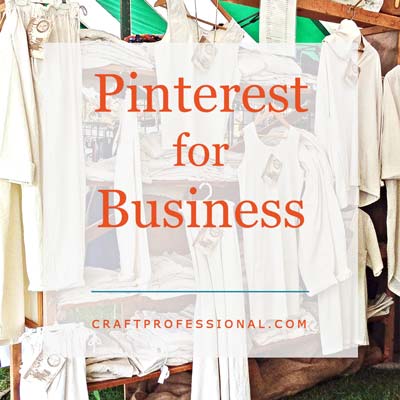
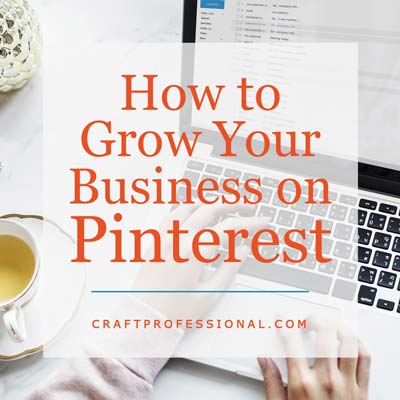
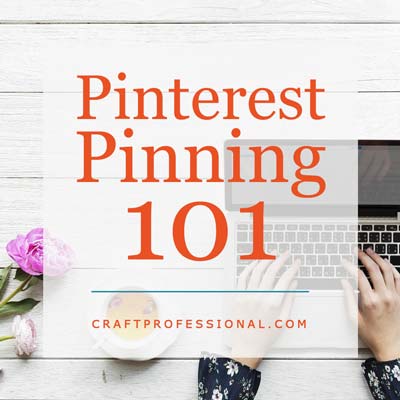
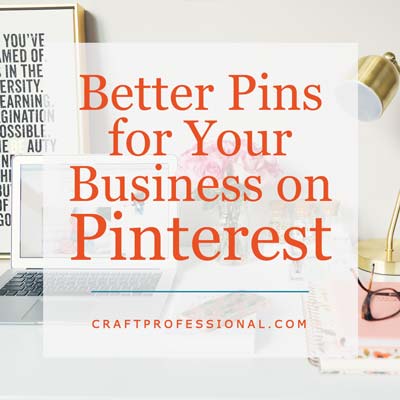
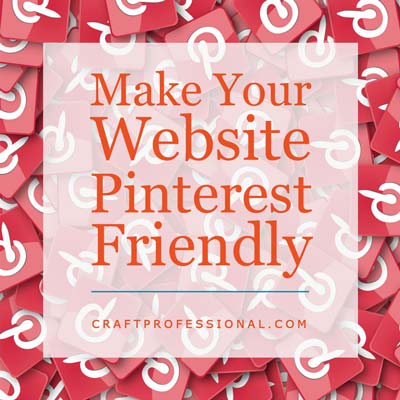
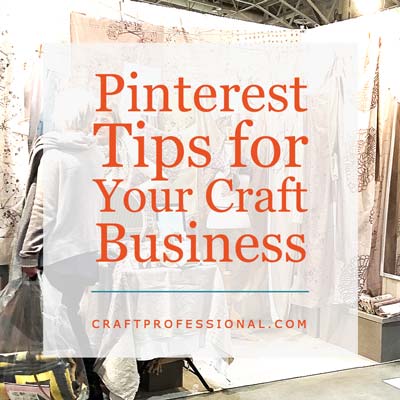
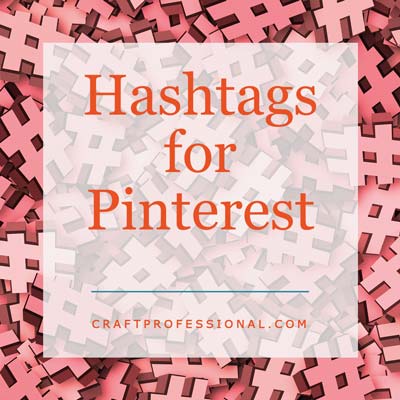
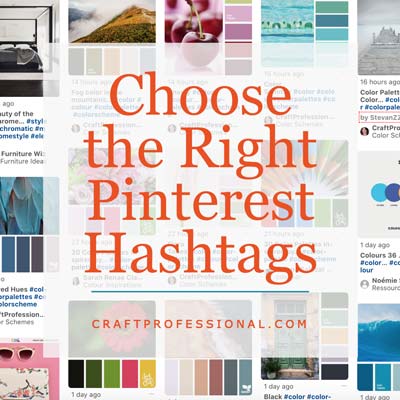

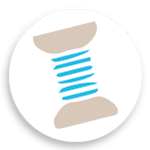
New! Comments
Have your say about what you just read! Leave me a comment in the box below.